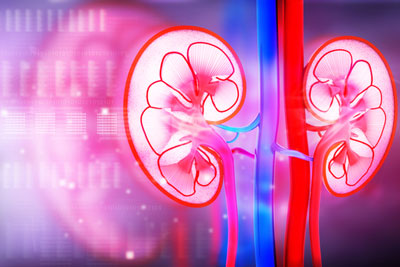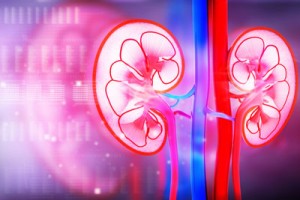Nulojix regimen beats cyclosporine in 7-year trial in kidney transplant patients
Posted: 7 May 2015 |
A 7-year study of a Nulojix regimen has demonstrated a significant relative risk reduction of death or transplant failure over a cyclosporine regimen…


Results from a 7-year, long-term follow-up from a prospective, randomised Phase III trial (BENEFIT) in kidney transplant patients demonstrated a statistically significant 43% relative risk reduction of death or transplant failure in patients receiving the Nulojix FDA-approved dosing regimen over those receiving a cyclosporine regimen.


Data also showed that there was a statistically significant survival benefit of 52% relative risk reduction of death or graft loss at 5 years post-transplant (hazard ratio=0.477, p=0.0045). In the long-term follow-up (years 3-7) on BENEFIT participants, the safety profile of the Nulojixregimen was similar to the cyclosporine regimen.
Nulojix is the first selective T-cell costimulation blocker approved by the FDA
Bristol-Myers Squibb’s Nulojix is the first selective T-cell costimulation blocker indicated in combination with basiliximab induction, mycophenolate mofetil (MMF) and corticosteroids for the prophylaxis of organ rejection in adult Epstein-Barr Virus (seropositive patients receiving a kidney transplant. The 7-year BENEFIT results were presented in the plenary session at the 2015 American Transplant Congress (ATC) in Philadelphia.
The BENEFIT trial is a 36-month clinical study with long-term follow-up through 84 months, with primary endpoints of composite patient and graft survival by 12 months, rate of acute rejection by 12 months, and composite measured glomerular filtration rate (GFR, a measure of renal function) <60 at month 12 or a decrease in measured GFR from month 3 to month 12. Secondary endpoints were measured at 36 months.
“Advances in kidney transplant care have led to impressive improvements in short-term survival; conversely, long-term allograft survival has not appreciably improved. It is therefore very encouraging to see a therapeutic intervention associated with a long-term survival advantage,” said Flavio Vincenti, M.D., Professor of Clinical Medicine, University of California, San Francisco, Division of Nephrology. “It is heartening for treating physicians and their patients to see a survival benefit as early as 5 years that continues out to 7 years post-transplant.”
Nulojix was approved by the U.S. Food and Drug Administration (FDA) in June 2011 for the prophylaxis of organ rejection in adult EBV seropositive patients receiving a kidney transplant (not for transplanted organs other than the kidney), in combination with basiliximab induction, MMF, and corticosteroids. FDA approval was based on data from BENEFIT and BENEFIT-EXT: two 3-year, Phase III, open-label, randomised, multicentre, active-controlled studies.
“The 7-year BENEFIT results mark a significant research milestone for Nulojix and represent our commitment to this patient population,” said Douglas Manion, M.D., Head of Specialty Development, Bristol-Myers Squibb. “Bristol-Myers Squibb recognises the importance of continuing to advance immunosuppressive therapeutic options.”




